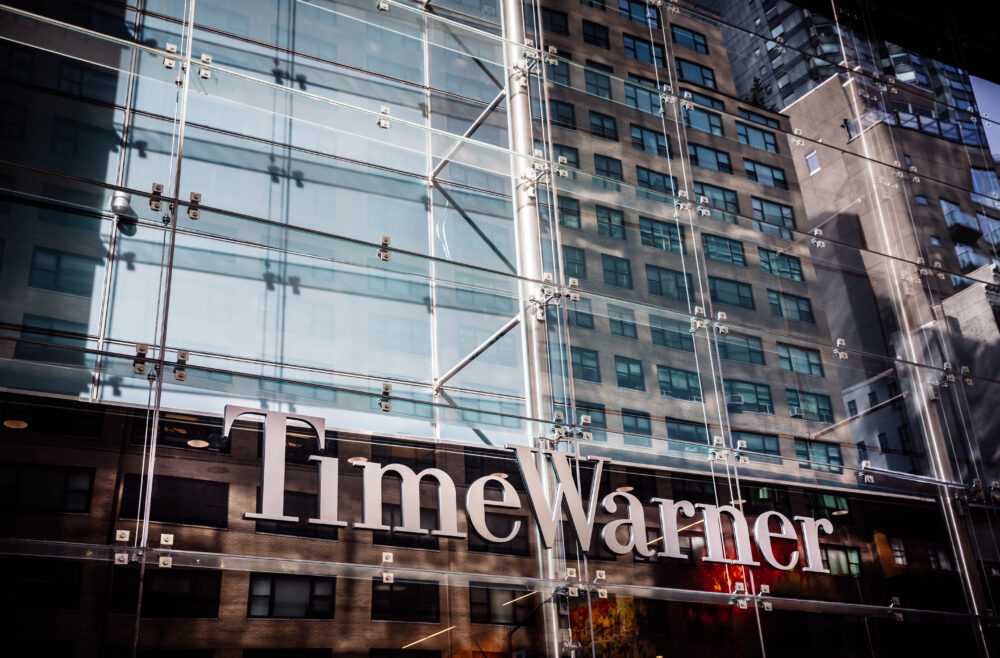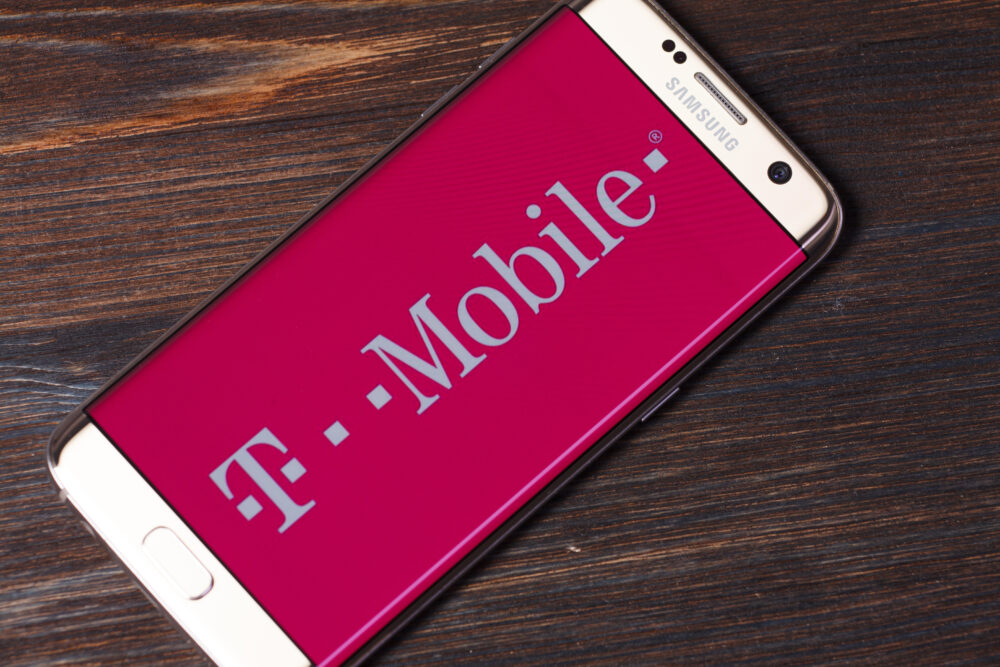Navigating the world of consumer goods and services can often feel like a minefield of hidden fees and unmet promises. As the digital age progresses, certain companies have repeatedly come under fire for practices perceived as unfair or deceptive. This article shines a spotlight on twelve such entities across various industries, revealing how they may not always have the consumer’s best interest at heart. These insights are not only timely but also relevant, helping you stay informed and cautious about where you spend your money.
1. The Cable Conundrum

Consumers have filed complaints against companies like Comcast and Time Warner for unsavory business practices. In the realm of cable services, customers often report feeling trapped in contracts with escalating fees. After enticing introductory rates, many find their bills inexplicably climbing without additional services. Customer service complaints frequently mention the difficulty of canceling services due to hefty early termination fees that weren’t made clear at the outset. This sector’s reputation for such practices makes it a prime example of consumer dissatisfaction.
2. Mobile Mayhem

The mobile phone industry is another notorious player when it comes to customer grievances. From data throttling to overage charges that come without warning, the transparency of mobile plans is often in question. What’s more, the cost of upgrading to a new device sometimes comes with hidden activation fees or mandatory accessories that skyrocket the initial price, leaving consumers feeling misled and overcharged.
Consumers have frequently filed complaints against T-Mobile for poor customer service and bad cell coverage. Cricket is another company that many consumers recommend steering clear of.
3. Banking Blues

Banks are supposed to be pillars of trust, yet some have been implicated in practices that leave customers out of pocket. Examples include maintenance fees that appear without new benefits or high overdraft charges that seem disproportionate to the actual service. The fine print in banking agreements often hides these details, making it a sector rife with customer dissatisfaction and feelings of betrayal.
Wells Fargo and Bank of America, two of the largest banks in the United States, have been caught up in lawsuits due to charging hidden fees and other predatory banking practices.
4. Insurance Injustices

The insurance industry often bewilders consumers with complex policies that can obscure key details. Claims processing can be slow and convoluted, with many consumers finding out too late that their policies do not cover what they assumed. Moreover, premium hikes following claims or even inquiries can feel like punitive measures against those the industry purports to protect.
Allstate silently hiked up monthly premiums on car insurance without contacting their customers. When they were called out on the practice, many customers were told to find insurance elsewhere.
5. Airline Angst

Airlines have a particular knack for aggravating customers, especially with the trend of charging for basics like seat selection, baggage, and even carry-ons. The final price of a flight can end up significantly higher than advertised, a practice that’s especially frustrating in an era where transparent pricing is increasingly valued by consumers.
Several consumers have left reviews about American Airlines’ poor customer service and “nasty” customer service reps. After spending top dollar on airplane tickets, many people have had their flights canceled with no explanation and left stranded.
6. Tech Traps

The technology sector is not free from blame either. Some companies in this space have been accused of deliberately slowing down older devices to push consumers towards newer models. Software updates that degrade performance can force unnecessary upgrades, a tactic that has led to public outcry and legal challenges. Specifically, many Apple and Android users claim that their phones seem to slow down once their respective company releases a new model or push a new update.
7. Fitness Frustrations

Gym memberships are infamous for their lack of flexibility and transparency. Cancellation policies are often strict or obscured, with long-term contracts and hefty cancellation fees that do not correspond to the consumer’s changing circumstances or satisfaction levels.
Anytime Fitness has had several complaints about the difficulty of canceling a membership. Customers have had to cancel their credit cards because they couldn’t get in touch with the gym to discontinue their membership.
8. Automotive Annoyances

The automotive industry can be perplexing with its pricing for new cars, often involving confusing financing terms or last-minute fees. Dealerships may also push unnecessary add-ons during the final stages of purchase, which significantly inflate the cost. Ford and GM manufacturers warned car dealerships against these predatory practices during car shortages following the COVID-19 pandemic.
9. Subscription Schemes

Many subscription-based services make it easy to sign up but hard to unsubscribe. Whether it’s media services, software, or meal kits, consumers often find themselves paying for renewals they didn’t explicitly agree to, due to pre-ticked boxes or obscure opt-out instructions. Hell Fresh is a popular meal subscription service, but some people have had trouble canceling their subscriptions. Upon further investigation, some customers discovered that the “Cancel My Plan” button doesn’t actually have any code attached to it, making it useless.
10. Fast Fashion Flaws

Lastly, the fast fashion industry often attracts consumers with low initial prices, but the true cost comes in the form of poor quality and durability, leading to frequent replacements and higher long-term costs. The environmental and ethical implications further compound the consumer’s remorse. Companies like Temu and Shein offer low prices for “hot fashion,” but often the products aren’t what the customer was expecting.
Stay Informed About the Companies You Do Business With

As you navigate the marketplace, stay informed and vigilant about the practices of companies you engage with. If you’ve had similar experiences, or want to avoid future frustrations, join the conversation below and share your story. Remember, your voice and choices have the power to shape better business practices. Click to learn more and engage with our community for smarter consumer decisions.
Read the full article here
















